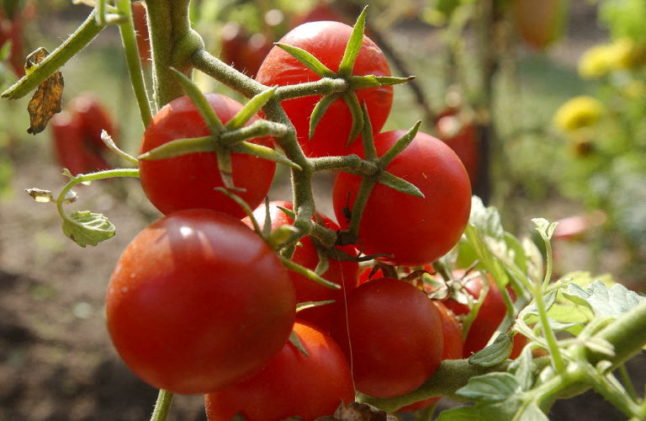Despite the economic crisis caused by the pandemic, the annual barometer by accountancy firm EY firm, published on Monday, made cheerful reading for the French government, which has worked hard at attracting more foreign investment.
READ ALSO Five reasons why you should set up your own business in France
1er !
Pour la deuxième année consécutive, la France reste le pays européen qui attire le plus d’investisseurs étrangers.
Une excellente nouvelle avec des répercussions concrètes :
✓ plus d’emplois créés (+ 30 000 !)
✓ plus de relocalisations, notamment dans l’industrie pic.twitter.com/th080Y5WiV— Emmanuel Macron (@EmmanuelMacron) June 7, 2021
The 20,000 foreign firms which are based in France create 2 million jobs and contribute 30 percent of the country’s exports, according to the report.
In 2020 there were 985 foreign direct investments announced in France, against 975 projects in the United Kingdom and 930 in Germany.
Among these investors was Barilla, the world’s largest pasta producer. With its industrial bakery Harrys, the Italian multinational food company has five factories and employs 1,500 people in France.
While the firm traditionally invests €10 -15 million per year in France, it invested €33 million last year, with €28 million for the construction of a new line of production in the factory of Talmont-Saint-Hilaire in the department of Vendée, reported Le Parisien.
“When I went to the board meeting in May 2020, at the worst moment of the crisis, I didn’t think these investments would be accepted,” President of Western Europe Barilla Miloud Benaouda told Le Parisien.
“This was a nice surprise. But at the same time, I’ve never had any difficulties in selling France.”
“I often hear France bashing,” added Benaouda.
“But in reality, even if things are not all perfect, France is a favourable area for investment. The local authorities’ support is quite exceptional, the country is highly competitive with low energy costs, one of the best transportation network in Europe and qualified people.”
Although France remained the most attractive country in 2020, the number of foreign direct investments announced fell by 18 percent compared to 2019, according to the EY barometer.
At European level, the average drop is 13 percent and the decline is only 12 percent in the United Kingdom, and 4 percent in Germany.
The report stated that while the aeronautics and tourism industries – both hit particularly hard by the pandemic – are important in France, investors interviewed by EY said the country “defended relatively well its attractiveness” during the health crisis “especially thanks to government support measures for businesses and the country’s economic recovery plan”.
And 44 percent of them said the recovery plan had been more efficient than that of other countries.
The sector that received the most foreign investment in France in 2020, with 146 projects, remains that of software and information technologies.
Furthermore “it’s the first time the number of projects of foreign investments in Ile-de-France exceeds that of Greater London,” associate director at EY Marc Lhermitte told Le Parisien.
“We went from 30 projects in 2019 to 41 in 2020 whereas, in the UK, they went the other way around, going from 67 to 38 projects.”
Emmanuel Macron’s government has pushed hard to make France more business-friendly, relaxing some of the country’s famously tight employment laws and offering support to new investors to navigate France’s tricky bureaucracy.
They have also been keen to attract businesses and talent leaving the UK in the wake of Brexit, and have set up the Choose France programme, which offers English-language information, advice and support to people thinking of moving themselves or their businesses to France.
For entrepreneurs, there is also the Passeport Talent visa.
READ ALSO The little-known visa that could make moving to France a lot easier



 Please whitelist us to continue reading.
Please whitelist us to continue reading.
This is no surprise. In my industry, France has gone from nowhere to world leaders in the last twenty years.
The French take a minute or two to get round to changing and legislating things, but when they do, they are brilliant.
Alors mecs, avez-vous pensé à faire des motos?
It is a surprise to me as in my industry there are so many obstacles to getting started (I am in year two of just trying to register) and then so many penalties for doing well or wanting to do well…this is the only country I know of that actively penalises hard work and ambition. However I suspect at multinational level the game is played very differently than down at the bottom of the pile where us ‘mom and pop’ type businesses operate.
We’re just getting started and will incorporate a company to sell our products in the EU. Based on what I’ve read my hopes are up.